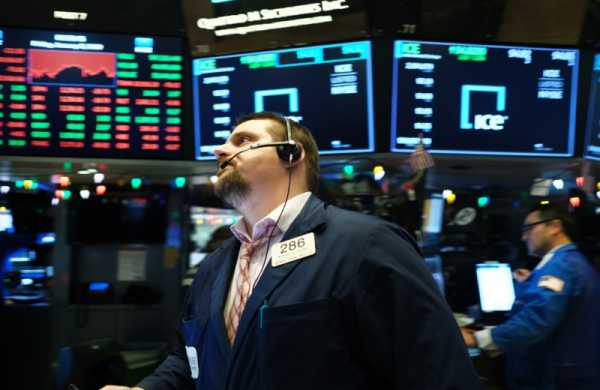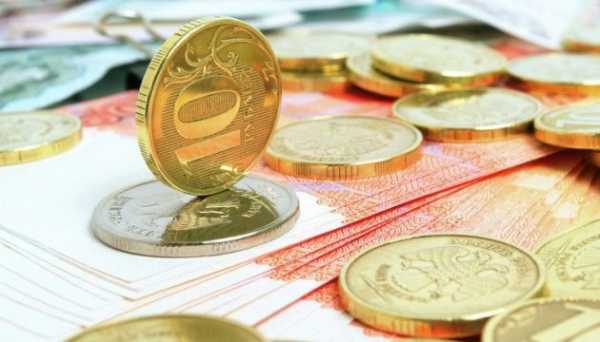Business Update – March 10: Coronavirus hurts foreign investors, but cheaper oil, petrol for Ukraine

Latest news for today in Ukraine

The Russian ruble and oil stocks plummeted through March 9 as the coronavirus outbreak and a worsening oil pricing feud between Saudi Arabia and Russia merged to create an economic tornado that engulfed the global markets, sparking fears of a worldwide recession. The collapse of Russian oil company stock prices exceeded -10% as the price of a barrel of crude fell to $34, its lowest in two decades. Ukraine is still a net importer of energy and relies heavily on oil imports.
The oil price feud has weakened the Russian economy overnight as it dramatically reduced the value of its most profitable export. It also gives Ukrainian consumers and businesses access to cheaper crude oil and cheaper gasoline. But March 9 was also a brutal day for markets in the U.S. and Europe, which will have knock-on effects on Ukraine and other emerging economies. Observers have warned of weakening investor confidence.
Markets fell to their lowest points in years on what is being called Black Monday, but the dollar and the euro began to recover slightly at the start of trading sessions on March 10. The Ukrainian investment bank Dragon Capital said that Monday’s sell-off also hurt Ukraine, and saw foreign investors part with their Ukrainian government bonds at low prices. Foreign hedge funds, mainly in New York and London, have bought about $5 billion worth of Ukrainian government bonds in the past year. Last week, the Morgan Stanley investment bank advised its clients to sell Ukrainian bonds and invest in Egypt instead.
Cheaper oil may mean cheaper energy and gasoline for Ukrainians, but experts warn that, in the long term, Ukrainian exports may be affected, with supply lines disrupted and commodities like food and metals falling in price too. Other experts warned that pain inflicted on major U.S. fossil fuel companies would surely be felt outside of America. If oil companies accrue large losses or default on debt payments, they may need to restructure their firms, fire workers, and scale back their operations abroad, some economists have warned. Ukraine is currently trying to attract a major investor to extract and process its untapped hydrocarbons and has repeatedly looked to the U.S.
Russia is losing oil revenues that helped launch a war against Ukraine, suggests a contributor to the business magazine Forbes. Rising oil prices made Putin’s Russia, he said. “It is hard to imagine that Russia could have had the confidence – or the cash – either to annex Crimea, as it did from Ukraine in 2014, or to intervene so decisively in Syria in favor of President Bashar al-Assad, without the money it made from the world’s thirst for oil,” writes James Rodgers.
Concerns are growing over a lack of progress in talks with the International Monetary Fund. As reported by the Kyiv Post, Concorde Capital released a report on March 6 in which its banking experts said they do not see an opportunity to receive an IMF tranche of financing in 2020. Concorde does not think that the new Ukrainian cabinet will do any better than the previous one. It also raises the risk of Ukraine approaching a “serious political crisis” this year. The firm warned that populist politics might replace needed structural reforms and allow oligarchs to tighten their grip on the reins of the country. “Taking all this into account, we no longer see an IMF deal in 2020 as a base-case scenario,” Concorde wrote.
A global economic downturn could make it more difficult to attract financing to service Ukrainian debt. The total amount of payments due on Ukraine’s foreign currency debt in 2020 is approaching $9 billion, reports Liga. Without refinancing, most of it will be extremely difficult to pay off, experts have said.
The Fitch Ratings credit company has affirmed its positive outlook for the country, despite the recent troubles. The agency also believes that Ukraine will be able to reach a deal with the IMF in the first half of 2020, it stated in a new post on its website. Ukraine’s Long-Term Foreign- and Local-Currency Issuer Default Ratings (IDR) remain at a ‘B,’ and the outlook is positive, the New York-based rating agency has said.
The National Bank of Ukraine has said everything is under control, and that the country is largely untouched by the developing financial crisis, according to Interfax-Ukraine. The central bank said that the spread of coronavirus had a neutral effect on the country’s economy in February–March.” A slight decrease in prices for certain Ukrainian export goods was more than offset by a further increase in the physical volume of deliveries abroad. Import prices are falling even faster than export prices, especially for energy, which leads to a reduction in the cost of imports,” the regulator said.
Source: www.kyivpost.com



